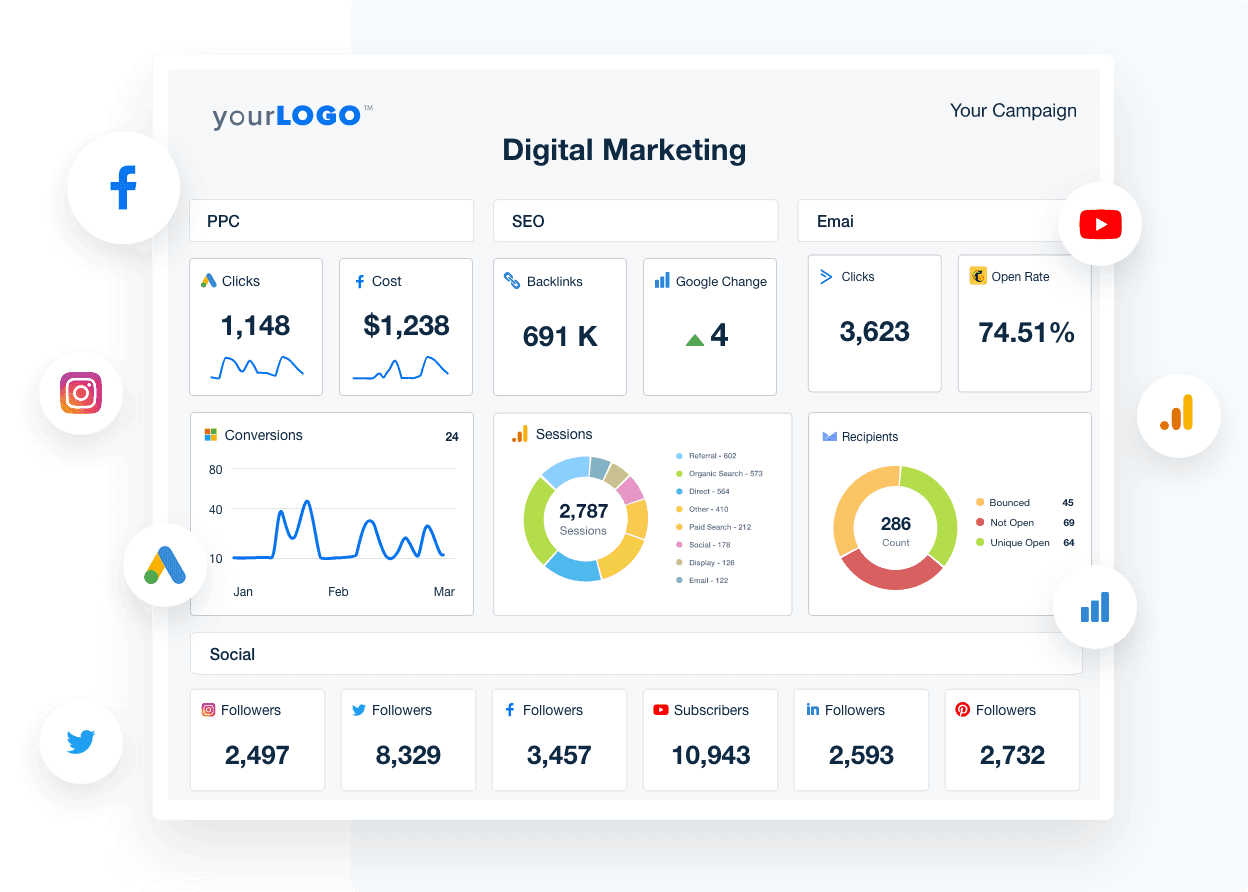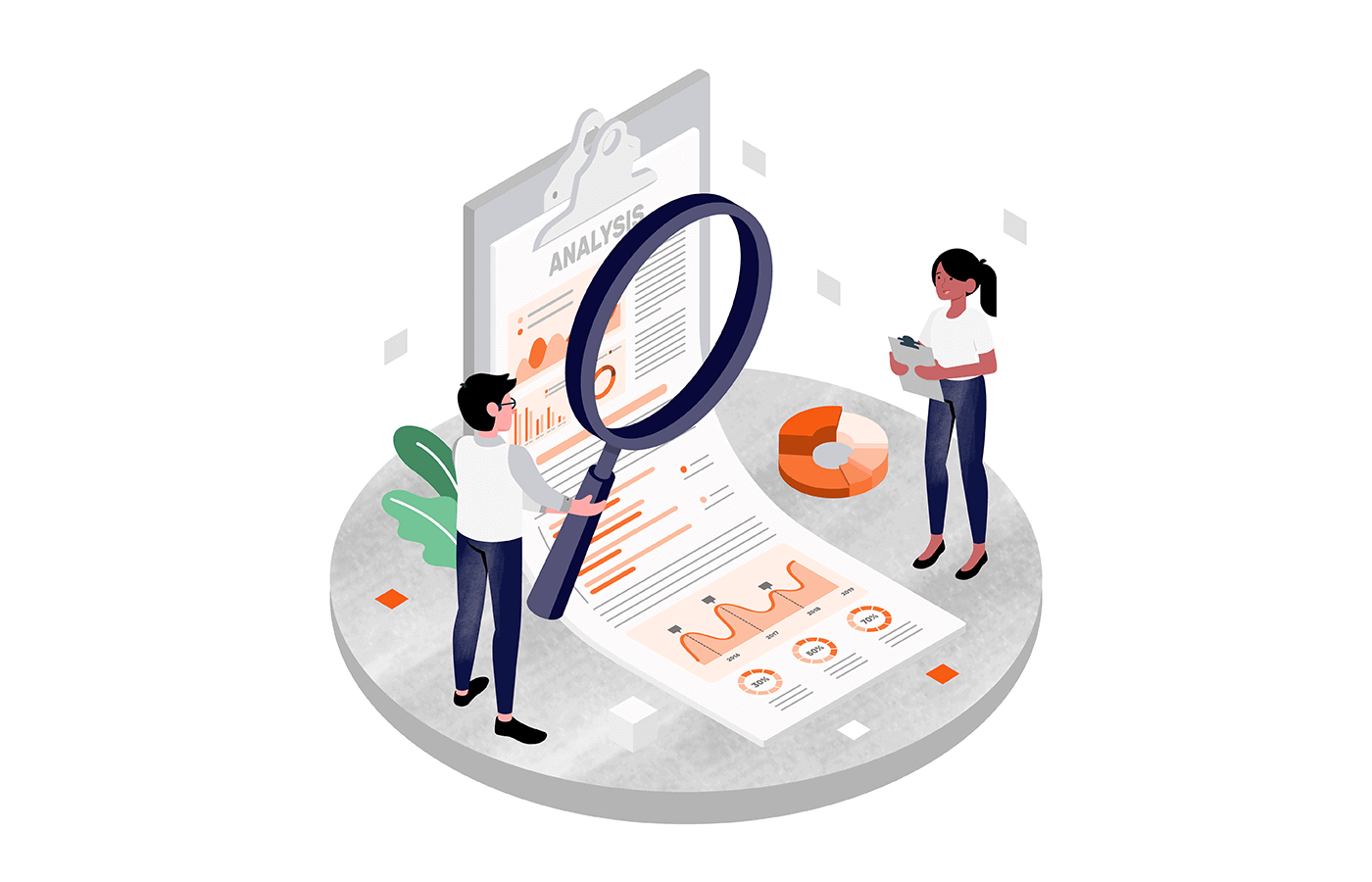Transform Information into Strategies with Cutting-Edge Analytics
Transform Information into Strategies with Cutting-Edge Analytics
Blog Article
Maximize Development: Exactly How Analytics Drive Better Approaches
In today's data-driven landscape, organizations significantly acknowledge the critical function of analytics in forming reliable growth methods. By utilizing information understandings, organizations can fine-tune their operational strategies, expect market adjustments, and enhance customer engagement. The obstacle exists not only in gathering data yet in effectively translating it to drive tangible outcomes. As we check out the vital benefits and approaches connected with analytics, an important question emerges: exactly how can companies guarantee they are leveraging these insights to unlock their full potential? The answer may redefine the future of strategic planning.
Recognizing Data Analytics
Data analytics is a methodical computational analysis of data that allows companies to reveal meaningful patterns and insights. This process encompasses a variety of methods, including statistical analysis, anticipating modeling, and data mining, which collectively intend to change raw information right into workable details - Analytics. By using these methodologies, organizations can make informed decisions that are rooted in empirical proof as opposed to instinct alone
The structure of information analytics exists in its capability to manage huge quantities of info from diverse sources. This includes organized information, such as databases, and unstructured information, consisting of social media sites communications and consumer comments. With using specialized software and tools, experts can draw out and process this data successfully, recognizing patterns and connections that may not be immediately apparent.
Recognizing data analytics also involves identifying the value of data top quality and stability. Reliable and exact data is essential for purposeful evaluation; thus, companies need to implement durable data administration methods. Additionally, the repetitive nature of analytics enables continual refinement and improvement of methods, guaranteeing that companies stay dexterous when faced with changing market dynamics and customer behavior.
Key Benefits of Analytics

One of the essential benefits of analytics is its ability to offer actionable insights. Organizations can quickly analyze vast amounts of information, revealing patterns that might not be promptly noticeable.
An additional considerable benefit is improved customer understanding. Analytics tools make it possible for organizations to sector their target market, track consumer habits, and customize advertising efforts. This targeted method not only boosts consumer interaction however also drives greater conversion prices.

Implementing Analytics Methods
To fully recognize the advantages of analytics, organizations have to embrace organized techniques for execution. This begins with plainly defining goals that straighten with wider organization goals. By establishing details, measurable results, organizations can focus their analytics efforts on locations that yield the greatest roi.
Next, companies need to prioritize information administration to ensure the stability and security of the data being examined. This entails establishing procedures for information collection, storage space, and access while adhering to appropriate guidelines. Making certain top notch information is critical for generating purposeful insights.
In addition, fostering a society of data-driven decision-making is crucial. This needs training employees to analyze analytics findings and motivating partnership throughout divisions. They are more likely to integrate understandings right into their day-to-day operations. when groups recognize the worth of analytics.
Last but not least, companies need to routinely evaluate and refine their analytics strategies. The landscape of data and technology is continually evolving, and remaining versatile will certainly enable organizations to leverage brand-new devices and methods successfully. By executing these structured strategies, companies can maximize the influence of their analytics efforts and drive sustainable growth.
Devices for Efficient Analysis
Effective evaluation depends on a range of tools that promote the removal of insights from information - Analytics. These tools can range from straightforward spread sheet applications to sophisticated equipment discovering platforms, each offering a special purpose in the logical process
Data visualization software program, such as Tableau and Power BI, plays an important role in transforming intricate datasets into easy to understand graphical depictions. These devices allow experts to recognize patterns and fads promptly, permitting even more recommended you read enlightened decision-making.
Statistical analysis a fantastic read software, like R and SAS, offers innovative abilities for carrying out comprehensive analyses, including regression, theory testing, and predictive modeling - Analytics. These functions empower companies to attract significant verdicts from their information, identifying possible chances and risks
Moreover, data source monitoring systems such as SQL and NoSQL databases give the essential facilities for saving and quizing big quantities of data effectively. They make sure that data is organized and accessible for evaluation.
Lastly, company knowledge systems incorporate various information sources, giving a comprehensive sight of organizational performance. By utilizing these tools properly, services can enhance their logical abilities, enabling them to create approaches that maximize development and boost general efficiency.
Study of Success
Successful companies frequently leverage information analytics to drive impactful strategies, as confirmed by a number of noteworthy situation studies. By employing these insights, Netflix has actually efficiently tailored its material referrals, resulting in enhanced individual involvement and subscriber retention.

Furthermore, Starbucks uses information analytics to determine ideal shop areas and improve its item offerings. By examining client demographics and buying patterns, Starbucks effectively recognizes high-potential markets and customizes its food selection to local tastes, driving sales and customer loyalty.
These study show that efficient use of information analytics can bring about critical benefits, cultivating innovation and growth within companies throughout numerous sectors.
Verdict
In final thought, the integration of analytics right into organizational strategies dramatically improves decision-making procedures and promotes lasting growth. The effective execution of analytics tools further sustains agility and innovation, making it possible for organizations to browse competitive landscapes with greater accuracy.
Data analytics is an organized computational analysis of information that enables companies to uncover purposeful patterns and insights.Recognizing data analytics additionally involves acknowledging the importance of information quality and stability. Accurate and trusted data is critical for meaningful useful site evaluation; thus, organizations have to execute durable information governance techniques.Following, organizations must focus on data administration to make certain the integrity and safety of the data being evaluated.Effective companies frequently take advantage of information analytics to drive impactful strategies, as confirmed by numerous notable case research studies.
Report this page